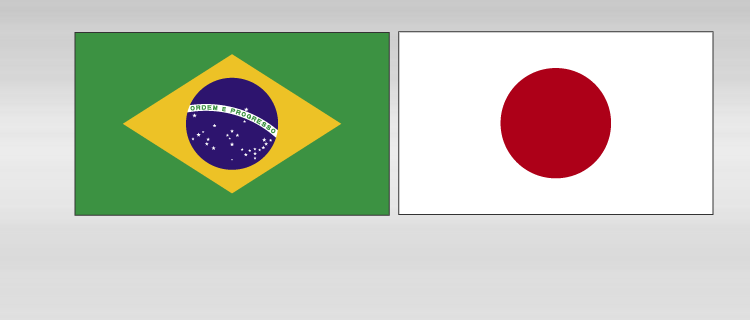Notícias
Brazil’s foreign minister on Japan: 110 years and beyond (The Asahi Shimbun, 23/7/2018) [Inglês]

On my recent trip to Asia, I had the pleasure of visiting Tokyo on May 17 and 18 to strengthen the global and strategic partnership between Brazil and Japan.
Our countries share common values regarding democracy, the rule of law, human rights, multilateralism and sustainable development. My conclusions from the fruitful consultations I held with Japanese ministers and business leaders over these two days can be summarized in one short message: there is an ocean of opportunities still untapped.
Japan is Brazil’s most traditional partner in Asia. Since the arrival 110 years ago of the first ship with Japanese immigrants, the Kasato Maru, generations of immigrants and their descendants have contributed to our country's growth.
Today, the world's largest Nikkei community lives in Brazil, and nearly 200,000 Japanese descendants have chosen Japan as their home. We are extremely honored to receive Princess Mako in Brazil for the celebrations of our human bonds.
Our historical relationship has produced important accomplishments in many key areas. Japan's cooperation to increase agricultural productivity in the Brazilian Cerrado contributed to positioning Brazil as a global leader in food exports. Bilateral flows of trade and investment demonstrate that Japan found in Brazil its main economic partner in South America. I believe, however, there is room to expand our partnership much further.
After two years of recession in 2015 and 2016, Brazil grew 1 percent in 2017. Prospects for 2018 estimate growth of 2.6 percent. (The projection was later revised down to 1.6 percent.)
President Temer's agenda for economic reform has led Brazil back to the track of sustained growth. As our economic recovery consolidates, Brazil has regained its attractiveness to investors. A report recently released by Ernst & Young indicates that our country now ranks second in the best destinations for investment. The positive prospects of the Brazilian economy reinforce trade and investment opportunities that can be channeled through bilateral coordination mechanisms our two governments put in place.
During President Temer's visit to Tokyo in 2016, Brazil and Japan signed a memorandum of cooperation for the promotion of investments in infrastructure aiming at ensuring the best possible environment for Japanese investments. Under the memorandum, both countries are working to scale up opportunities on key sectors such as water and sanitation, railways, information and communication technologies and energy.
Brazil and Japan also share the view that trade liberalization, rather than protectionism, is the best answer to encourage a more predictable environment for business, job creation, investments and technology innovation. As a Mercosur member, Brazil is engaged in negotiations to conclude important agreements with the European Union, Canada, the European Free Trade Association (EFTA), India, and others.
As of 2019, thanks to the network of bilateral agreements in which Mercosur participates, South America will become a de facto free trade area for goods. On May 25, I participated with my Mercosur foreign minister colleagues in the launch negotiations for a free trade agreement with South Korea. Brazil would warmly welcome Japan in an economic partnership with Mercosur.
Our human, political and economic bonds have transcended geography and history, and promise to pave the way for a future of even closer collaboration. I thank the government and the people of Japan for building together with Brazil the roads that will mutually benefit our societies.